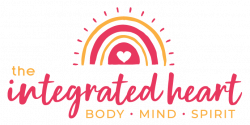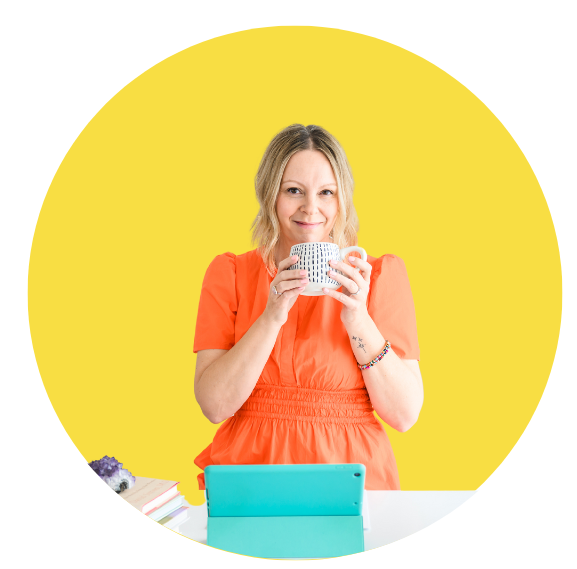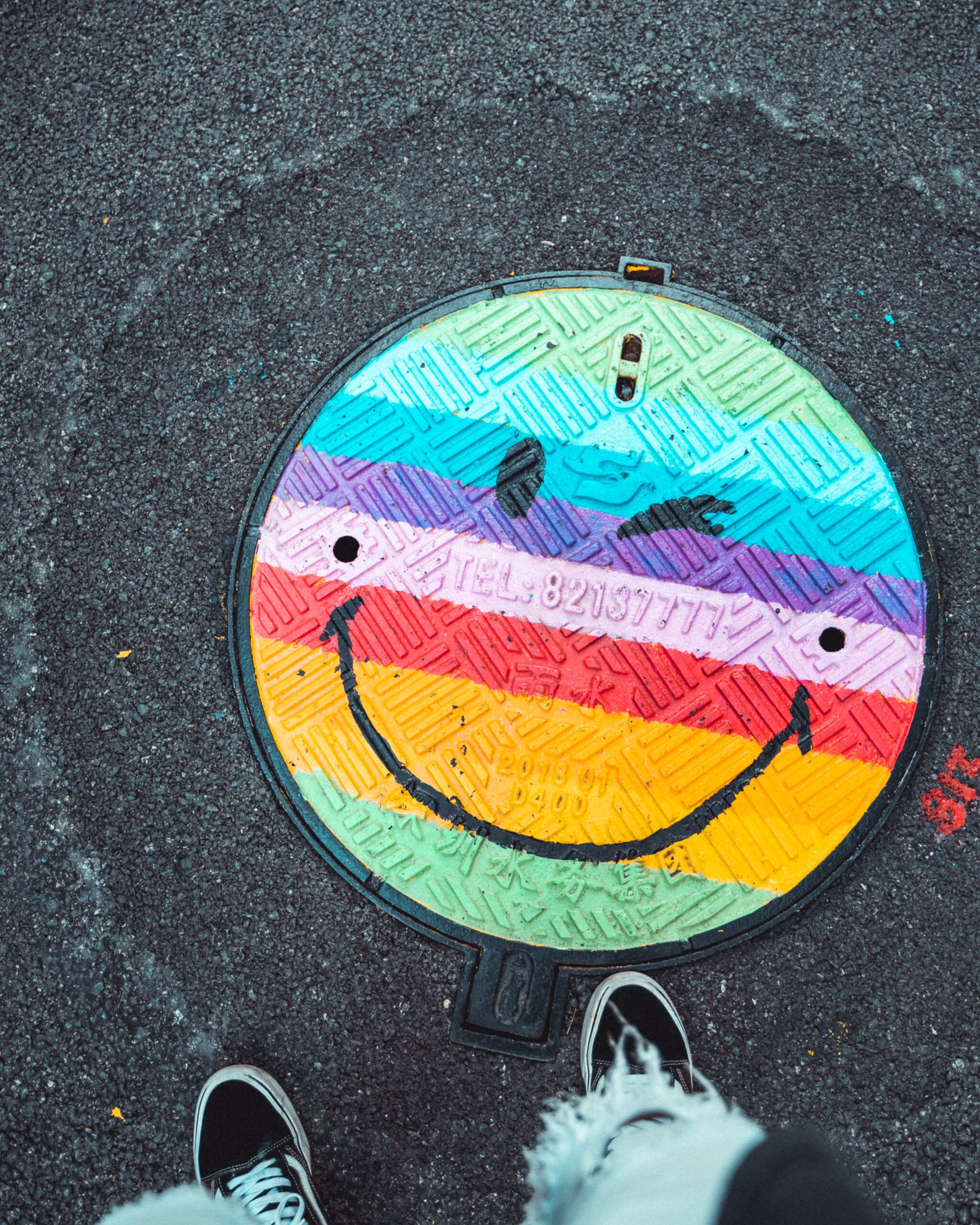We are continually surfing the highs and lows of emotions. Part of being human is riding the waves so that we don’t go under, so that we can catch our breath, so that we can feel the exhilaration that balance, joy, and peace can bring. Our human nature is filled with the ebbs and flows of emotional life – the ups and downs, the joy and heartache, the highs and lows.
Being human is beautiful and hard at the same time. Glennon Doyle calls it Brutiful; life is both beautiful and brutal.
Healthy practices to process emotions is a must, and it is likely that you didn’t learn how to in school. Wouldn’t that have been nice? Emotional Waves 101: A Healthy Perspective on Emotions (EW101). The course objectives would include:
🌟Learning to be with our emotions and not fear them
🌟Skillfully our meeting anger without causing harm
🌟Turning self-judgments into self-compassion
🌟Emotional regulation
🌟The wisdom of joy
Emotional well-being is a crucial aspect of our lives because it effects our thoughts, our relationships, our purpose, and our ability to thrive. It is an area that my clients consistently identify as a part of their life they would like to improve.
It was the same for me too. After having a baby my emotional world was wrecked. This extended beyond the post-partum emotional rollercoaster, well into the early preschool years. As months turned to years, I experienced my emotional reactions in a very new context; my new role as a mommy. Although I worked part-time teaching online classes, I was home full time too. Challenging circumstances involving this perfect, beautiful-soul, innocent, child could elicit the most painful emotions inside of me – worry, doubt, uncertainty, and anger topped the list. And beneath those difficult emotions were the deeper feelings of loneliness, abandonment, and unworthiness.
It had nothing to do with my child, and everything to do with me. These emotions were not new to me, but in the past I could dismiss them, distract myself from them, ignore them, or use blame to soothe myself into believing it was really the “other person’s” problem, thus avoiding any change that was needed in myself.
In the case of being a stay-at-home-mom, I was in close proximity with a pure and blameless human all day, every day. I couldn’t run, I couldn’t fight, I couldn’t hide, yet I was struggling in my new role and in my new life. I was grieving the loss of freedom and autonomy I once had for 35 years. I was not solely in control and responsible for just me anymore. My routines were upended and my plans and scheduled activities often didn’t go as I hoped (#toddlerlife). I could either self-combust or learn how to ride the waves of the emotions with mental calmness, empathy, and compassion.
Fortunately, I responded to this difficulty with self-preservation along with an innate desire to be the best mommy I could. Knowing that it didn’t have to feel this hard, lead me on my path towards mindfulness along with other personal growth transformational practices.
I wanted to share three of them with you and how they continually support me and my emotional waves. Three practices you can do today to nurture and care for your emotional well-being, so you can show up as your best you in all your various roles in life. These aren’t one and done practices. These are part of navigating our humanness, just like brushing our teeth and caring for our loved ones, and they can offer us a healthier and more fulfilling life.
😌 Practicing mindfulness is how I have learned to be with difficult emotions and is the #1 thing that helped me become less reactive so I could respond how I really wanted to – with more grace and love. With curiosity and non-judgment, we practice getting comfortable with the uncomfortable emotions. Then the difficult ones aren’t quite as difficult and the feel-good emotions last longer. HUGE PLUS: it reduces anxiety.
🤗 Journaling is a good way to relate to difficult emotions because it slows us down and gives us a little space to reflect and explore. It allows us to be a witness of our thoughts and emotions when we write them down using pen and paper. This can give you glimpses into what your emotions are telling you because there is wisdom in your emotions. Using positive journal prompts (I call it Joyful Journaling) is a productive way to navigate through the pain, not get wrapped up in it, and discover something positive and harness a more optimistic mindset. HUGE PLUS: this may reveal an unmet need that wants to be filled.
😇 Meditation is what connects you to your highest self. Not only does it feel good, it brings clarity and helps you discern if something needs to change. Sometimes it reveals some positive action for you to take and other times you realize it is about acceptance for the things you can’t control. Acceptance can be brutiful too; and so we repeat our healthy emotional practices. I offer a Mantra Meditation mini-class online designed to help you establish your own personalized meditation practice. HUGE PLUS: it reduces stress.
If you already practice one of these healthy coping skills, high 5 to you! If you aren’t, now is the perfect time. I encourage you to begin with just one of them today.
If you aren’t sure how you would like to approach this or want some support, send me an email at meg@theintegratedheart.com and I can help you get started.
Riding our emotional waves is a skill that can be learned, and it is one way to continue to discover your true self and take action to achieve your potential. 💫







